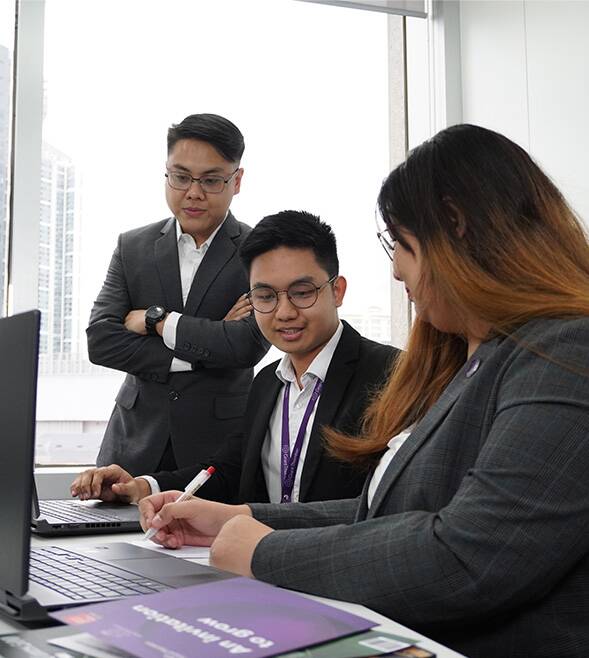The Bureau of Internal Revenue (BIR) recently circulated the Implementing Rules and Regulations of Republic Act No. 12079, otherwise known as the “An Act Creating a Value Added Tax (VAT) Refund Mechanism for Non-Resident Tourists”, which were signed last March 21, 2024.
Key points are summarized as follows:
Requisites for VAT Refund Eligibility
To qualify for a VAT refund, the following conditions must be met:
- Coverage: VAT refund applies to tourists who are non-resident foreign passport holders and are mere transients in the Philippines.
- Eligibility of Dual Citizens: Filipino dual citizens visiting the Philippines as transients may also avail of the VAT refund, provided they use their foreign passport upon both entry and exit from the country.
- Personal Purchase: Goods must be purchased in person by the tourist from duly accredited physical retail stores in the Philippines and must be intended for personal consumption.
- Export of Goods: The purchased goods must be physically taken out of the Philippines by the tourist as accompanied baggage, within 60 days from the date of purchase.
- Minimum Purchase Amount: Each transaction must have a minimum value of ₱3,000, covered by a single invoice, and subject to periodic adjustment.
Retailer Accreditation for VAT Refunds
VAT-registered retail establishments that intend to participate in the VAT Refund System (VRS) must first secure accreditation from the designated VRS operator by submitting the BIR certificate of registration, registration certificate with the Securities and Exchange Commission (SEC) or the Department of Trade and Industry (DTI), and other documents as may be prescribed. Accredited retail establishments are required to submit sales reports to the BIR for monitoring and post-audit purposes, in accordance with guidelines to be issued separately.
The VRS operator must provide accredited stores with the following, at no additional cost:
- Issuing solution for processing VAT refund transactions;
- Staff training and onboarding support;
- Performance monitoring and reporting tools;
- Marketing and promotional assistance; and,
- Other services necessary for the efficient handling of VAT refund-eligible sales.
The VRS operates under a “traveler-pay model,” wherein the cost of the system is covered by a service fee charged to the tourist, which is deducted from the VAT refund amount. The VRS operator, in coordination with the Department of Finance (DOF), Department of Tourism (DOT), and other relevant agencies, must publish and regularly update the official list of accredited stores on their respective websites.
VAT Refund Application Process
The DOF must coordinate with the Department of Information and Communications Technology (DICT) to integrate a digital identifier for tourists eligible for VAT refunds into the eTravel System, where the identifier will be visible in the tourist’s eTravel registration.
The VRS operator, in consultation with the BIR and the Bureau of Customs (BOC), shall classify VAT refund claims as either low-risk or high-risk. High-risk claims will require the tourist to present the purchased goods for inspection and further validation by the BOC while low-risk claims will only be subject to random inspection and validation. The BIR and BOC shall jointly issue the criteria and procedures for the risk-based classification of VAT refund claims through a separate official issuance.
Source:
P&A Grant Thornton
Certified Public Accountants
P&A Grant Thornton is the Philippine member firm of Grant Thornton International Ltd.
As published in SunStar Cebu, dated 19 June 2025



